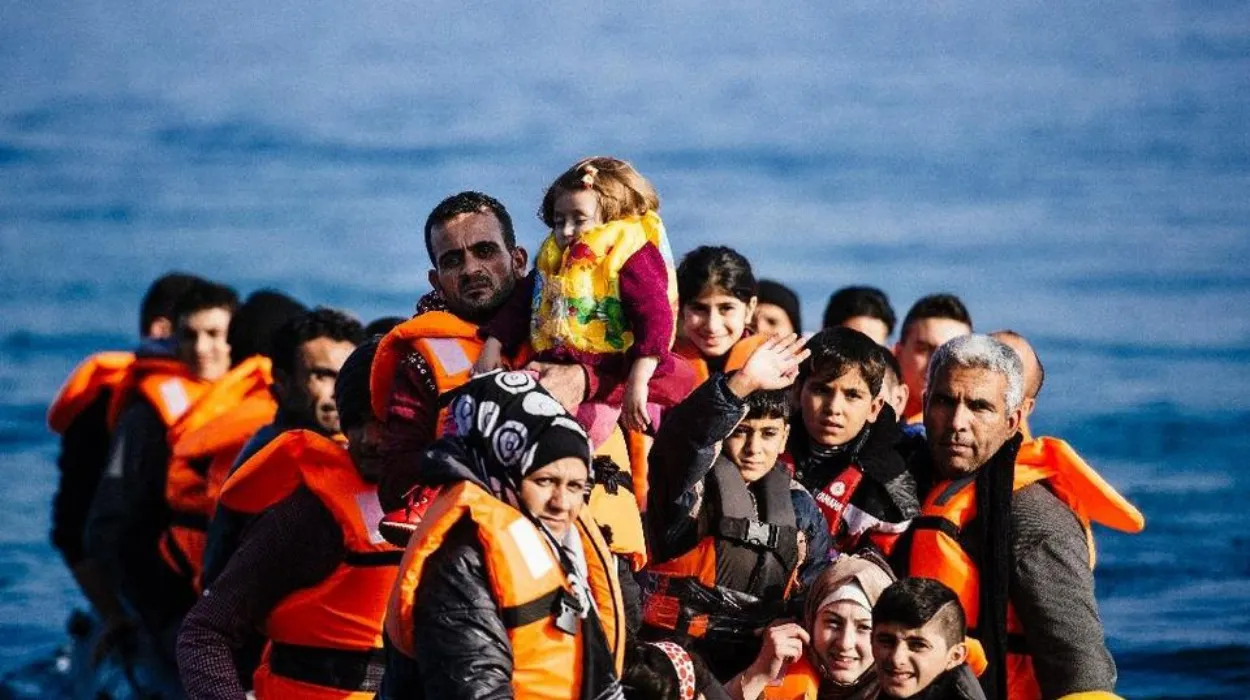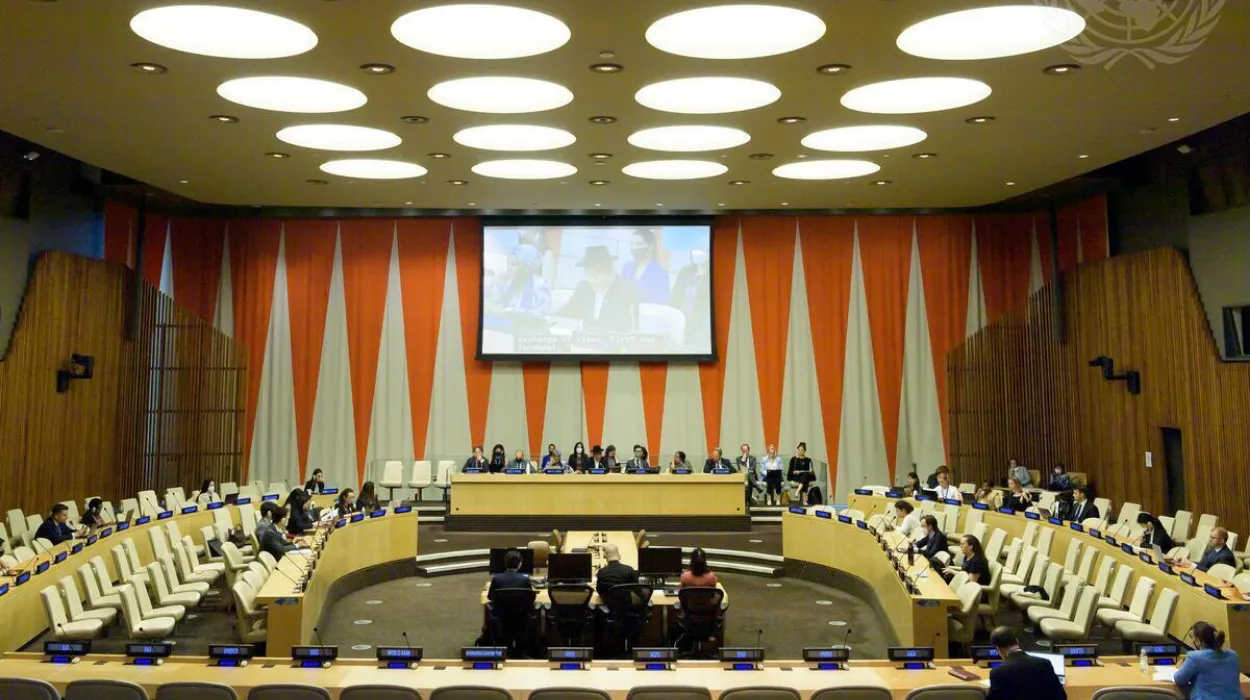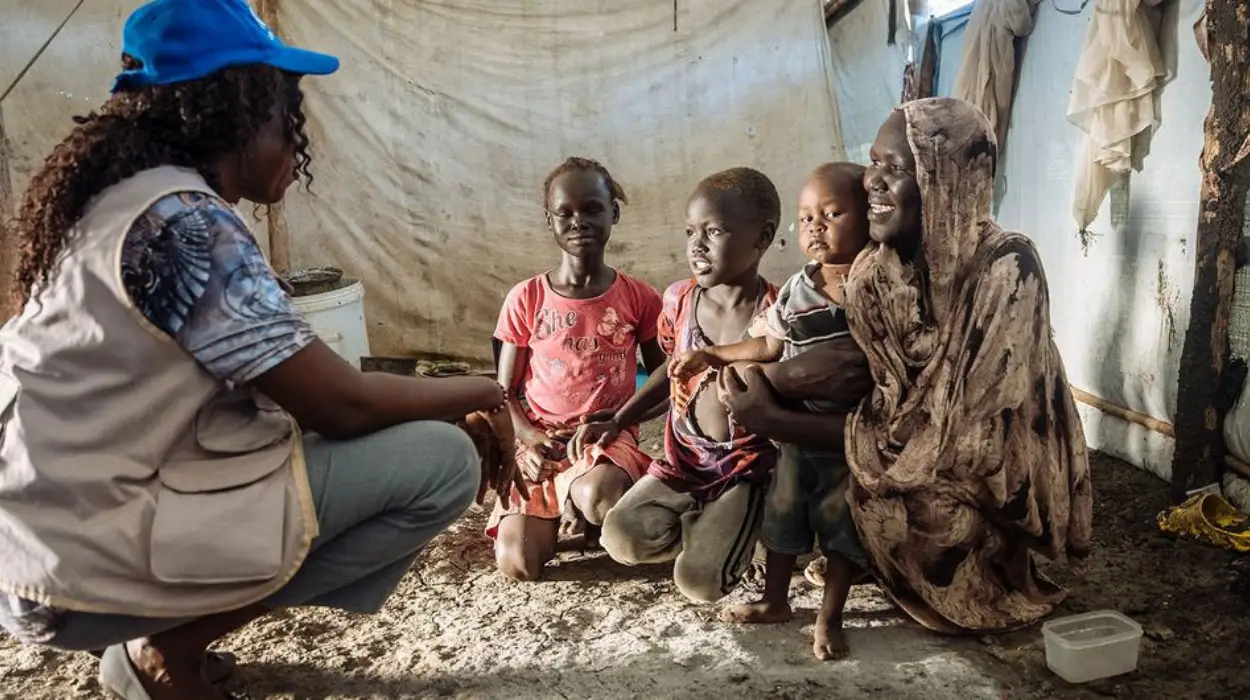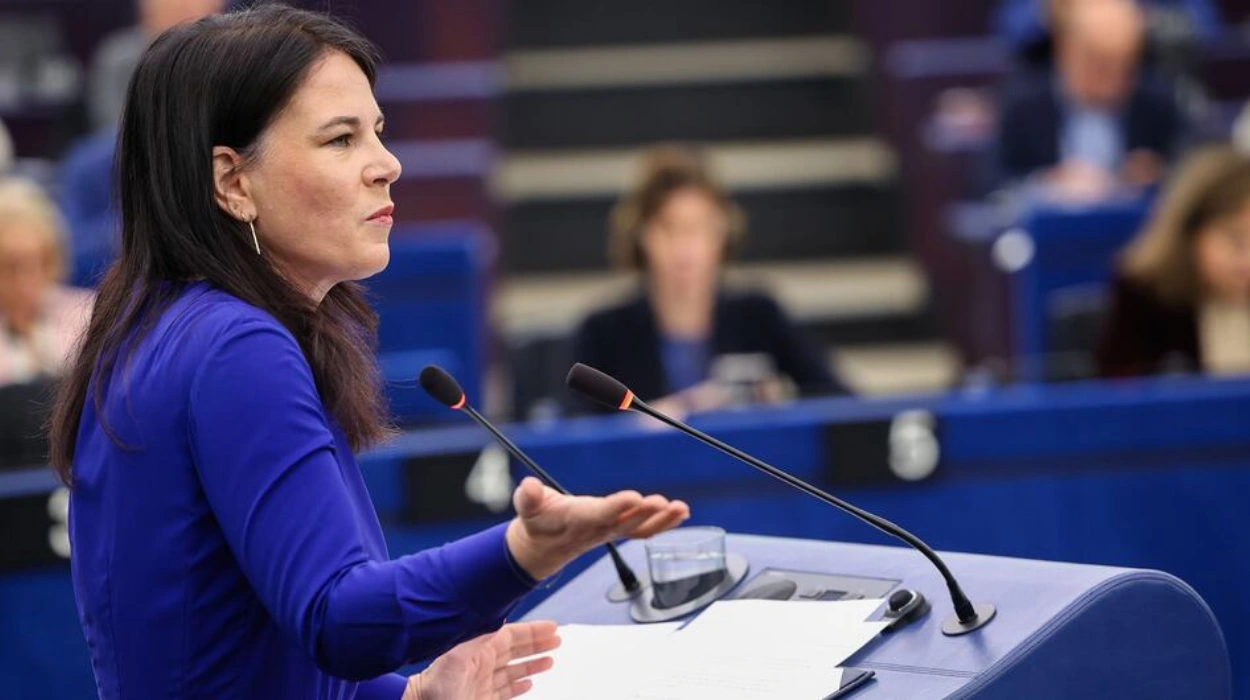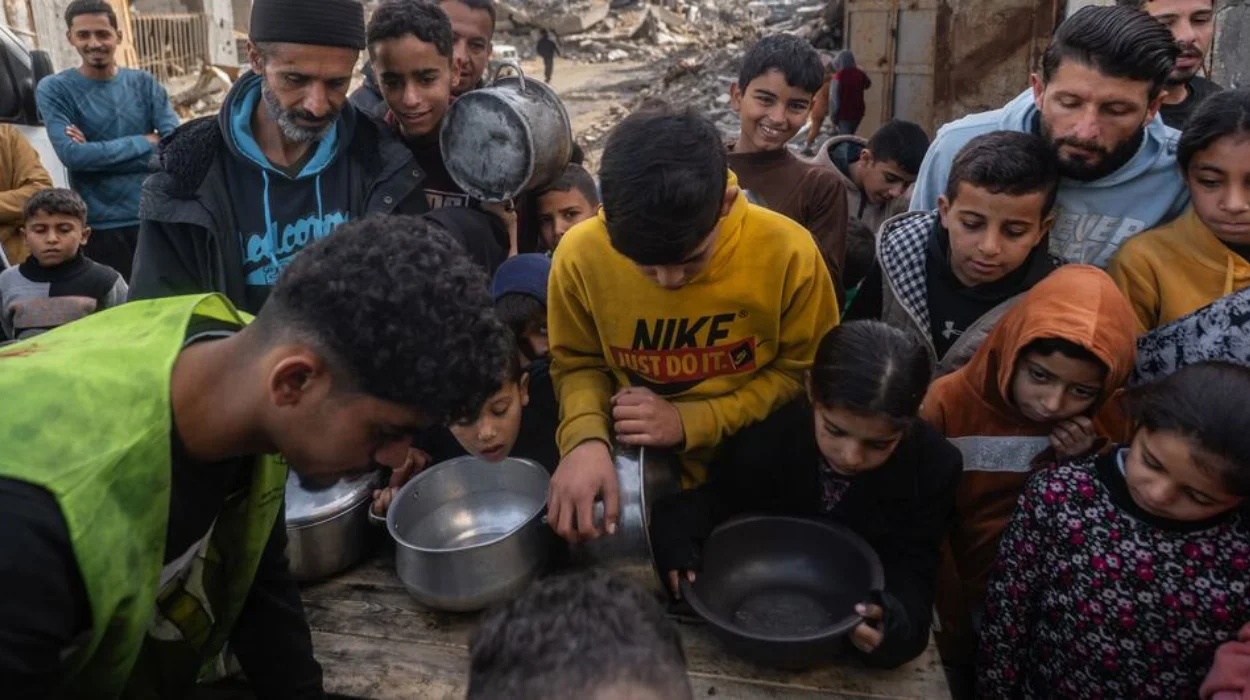Violence forced by sectarian dimensions has ravaged the Suweida Governorate in southern Syria since the middle of July 2025 to the extent of incurring a shocking number of human casualties and increasing the severity of the humanitarian crisis. The Syrian Network of Human rights (SNHR) has confirmed that there are at least 814 people that have died and more than 903 wounded since the opposition started the violence on July 13. Among the casualties, 20 of them being children, 34 women, six health workers, two female health workers and two journalists are some of the victims indicating that there was no specific target during the attacks.
The origin of this war is based on violent clashes between members of the Druze group and the Bedouins since both populations are involved in open military hostilities. It is clear that the Syrians of interim governance are actively involved in the war. The Syrian Observatory for Human Rights (SOHR) reported 594 people as dead which even further demonstrates the risk of a massive loss of life and extrajudicial killings. All these are experienced activities that have heightened tensions among communities and made an already fragmented regional environment even more polarized.
Extrajudicial Killings And Mutual Hostilities
What distinguishes the violence in Suweida is the systemic nature of human rights abuses. The Commission of UN Syria has recorded trends of summary execution and arbitrary detention exercised by all parties. Targeting of civilians, and retaliation among other things, have encouraged the cycles of violence as well as increasing sectarian divisions. There seems to be widespread incitement and deployment of social media to call on armed retaliation, which shows that the focus on revenge-driven violence has been made too acceptable.
They have not spared hospitals and clinics. The World Health Organization (WHO) has established numerous attacks on health institutions such as planned assassination of physicians and prevention of emergency service attendants. These moves have made even the delivery of rudimentary healthcare a nightmare in most of the districts and compounded to the states of an already powerless people.
Healthcare Infrastructure Crumbling Under Pressure
Overwhelmed Medical Services And Attacks On Healthcare
Medical systems in Suweida are facing catastrophic breakdown. Hospitals have reached beyond their working capabilities lacking the provisions to do so, the number of staff to attend to the influx of casualties and accessible avenues to smuggle people with safe access. At least five healthcare facilities have been targeted and confirmed attacked by the WHO, including targeted killings of the healthcare workers and ambulance business closure. Unstable power supplies and logistical challenges also cripple operations that are already crippled due to health reasons.
Civilians who include children, old people, and people with chronic diseases will be deprived of life-saving care. Shelling, gun wounds and explosive-related trauma injuries will remain unmanaged because of hours or days and crude triage facilities are running out of basic drugs and space to deal with patients without sterilized conditions. The health workers are working in extremely distressed conditions where some are unable or unwilling to work with the security threats.
Mass Displacement And Humanitarian Strain
The conflicts have caused the internal displacement of about 176,000 inhabitants. Many people who have escaped the centre of violence have turned to the neighbouring Dar Palma and Rural Damascus, which have a serious burden on their already weak infrastructures. The result of the displaced population has contributed to the makeshift camp, where people have no basic hygiene and the crowded shelters which have accelerated the problem of the public health emergency.
Getting to the affected communities is a major challenge to the aid agencies. Relief distribution and distribution of medical supplies has been affected by checkpoints, road blocks and violence which have at times been sudden and sporadic leaving several displaced families without food, clean water or medical supplies. Along the same line, humanitarian actors are also threatened and their convoys tend to be delayed or attacked.
Broader Conflict Context And Political Dynamics
Sectarian Divisions And Localized Conflict
Suweida’s crisis is emblematic of the larger sectarian fragmentation in Syria. Even more, there is an emerging pattern of Bedouin militias concentrating on a minority religion (the Druze), which is indicative of a localized revival of identity wars in the aftermath of the war. Still dividing lines of responsibility, as well as undermining any semblance of centralized authority, are the Syrian interim government forces that take sides in a number of different confrontations.
Additional tensions have emerged from reported Israeli airstrikes targeting strategic areas around Suweida. Syrian state media claim these actions were undertaken to safeguard minority communities, though critics argue that the involvement of external military forces has only deepened insecurity and exacerbated civilian risk.
UN And International Calls For De-Escalation
The UN and the related humanitarian agencies have made urgent announcements on ceasing of hostilities. The UN Syria commission has pointed out the importance of adherence to international humanitarian law and the protection of the civilian population. At the same time, the interim government has been forced to carry out inquiries into alleged violations, safeguard healthcare infrastructure and broker peace between warring parties.
The initiatives made by external players to broker are so low, due to geopolitical exhaustion, and the divisive nature of international interactions in Syria. However, the failing situation has also triggered the renewal of discussion on the roles of international organizations in the stabilization of post-conflict situations.
Personal And Social Costs Of Continued Conflict
Impact On Civil Society And Local Populations
Beyond the casualty counts, the war’s emotional and psychological toll is immense. Families have been torn apart by death, displacement, and disappearances. Survivors suffer acute trauma, made worse by the lack of psychological services and continued exposure to violence. With journalists and healthcare workers among the victims, civil society is rapidly shrinking, and neutral humanitarian spaces are vanishing.
Local economies have disintegrated. Government offices and even schools are closed. Whole communities are inaccessible and the area becomes a quilt of empty towns and militia states. Cohesiveness that used to exist in the society among different groups of people previously has broken apart and with every new burst of violence which occurs it is harder to restore the trust.
Voices From The Ground And Expert Perspectives
First-hand reports out of Suweida include unburied bodies being left out in the open and children made orphans within only a couple of hours. Hospitals have been termed as warzones by themselves with floor surfaces covered in blood and a basement with improvised surgical centers. Violence toward human rights is continually recorded by the activists of human rights movements and promoted to take action, however, there are not many systems to guarantee or impose justice and obedience.
This person has spoken on the topic: Syrian commentator Kareem Rifai highlighted the dire situation, emphasizing that
“The Southern Syria conflict’s human toll is not only a tragedy in numbers but a profound erosion of communal trust and healthcare lifelines, demanding urgent international attention.”
His statement captures the multifaceted crisis—one of lives lost, institutions broken, and hope diminished.
Toward The Possibility Of Recovery And Stabilization
What happens in Suweida is not only an immediate tragedy of death and displacement but rather a long-term impact of a failing health system and a society which is tearing itself apart along sectarian lines. Humanitarian access is curtailed and governance disorganized; therefore, it is unclear how a stable situation can emerge.
However, this crisis also highlights the dire need to be back in action again; regionally, internationally, and locally to defend civilians, rebuild institutions, and stabilize a little bit of the normality in one of the most devastated provinces in Syria. It could be the next few weeks that will decide whether this trend of misery could be stopped or will Suweida continue to be a barometer of the unraveling of Syria.


